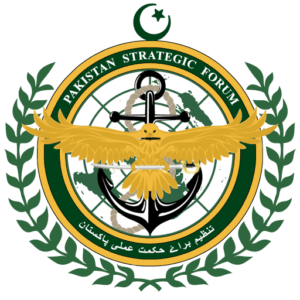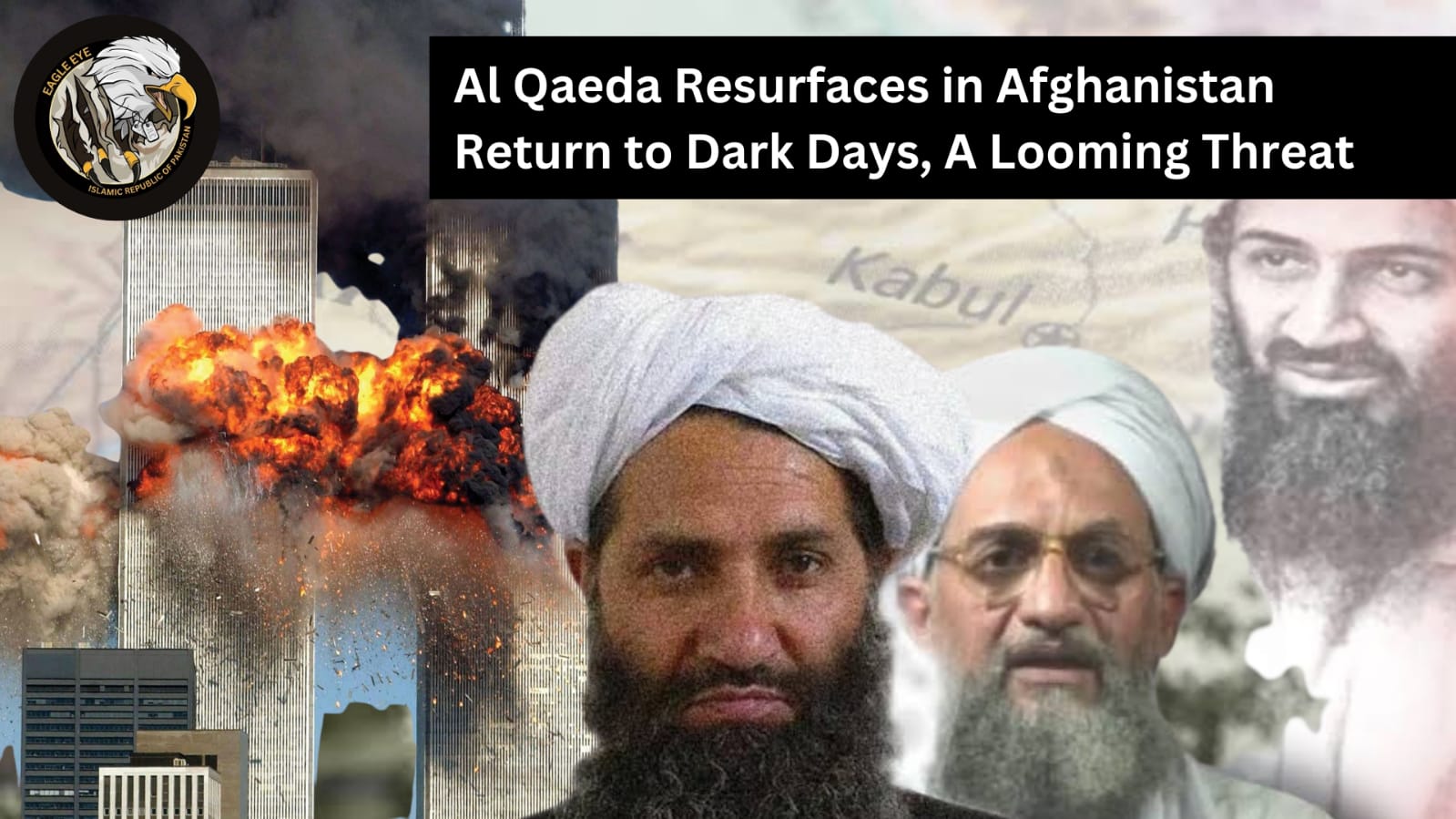Established in 1989, Financial Action Task Force (FATF) is an intergovernmental body having a ministerial mandate regarding policymaking directed at curbing money laundering and terror financing. Currently, thirty-nine countries are members of FATF. FATF categorizes countries into two lists.
- Black List: It includes Non-Cooperative Countries or Territories (NCCT). In other words, countries having some serious inadequacies in their financial systems or anti-money laundering and anti-terror financing mechanisms. FATF asks members and non-members to act against them. These countries are usually the ones complicit in these illicit activities. In 2019, Iran and North Korea were included in this list. FATF keeps updating the list based on the performance of the countries.
- Grey List: It includes countries that are considered moderates because of the frailty of their money laundering and financing systems but are neither a complete failure nor complicit in these activities. Grey list is like a warning for those states as under grey list the countries are asked to comply with certain standards and report to FATF while being increasingly monitored. Grey list countries can face sanctions from IMF and the world bank, difficulty in procuring loans from them, reduction in international trade, or international boycott.
In 2008, Pakistan, for the first time, was put on the grey list owing to the vulnerabilities in its financial system. FATF did acknowledge Pakistan’s efforts which, however, were considered insufficient. In 2010, Pakistan committed itself to cooperate with FATF and its regional offshoot, the Asia Pacific group, to harmonize its policies with FATF demands but could not succeed in satisfying both FATF and Asia Pacific group. In February 2012, in the public statement of FATF, Pakistan was once again grey-listed. It was noted that Pakistan was unable to come up with an action plan devised in congruence with FATF’s directions such as appropriate legislation to counter money laundering and terror financing and to confiscate terrorists’ resources. Later in the public statement of 2014, Pakistan was removed from the list as it was noted that significant progress has been made as per the instructions of FATF and Pakistan was no longer subject to increased monitoring.
In June 2018, Pakistan was, once again, included in the grey list. FATF demanded a comprehensive action plan drafted and implemented by Pakistan to remove the loopholes in its system which had the potential of exploitation by money launderers and terror financiers. Twenty-seven areas were pointed out by the terror financing watchdog where Pakistan was demanded to take appropriate measures. Pakistan submitted 27 points plan and committed to implementing it. In October 2019, it was noted that Pakistan could only manage to comply with five out of 27 points therefore, remained on the grey list. In February 2019, Pakistan demonstrated compliance with fourteen out of 27 points and was given four more months to comply with all the 27 points. The June plenary was canceled because of the pandemic and Pakistan got more time till October. During this period, the incumbent government hastily passed several legislations to fill the gaps in the financial system. By October 2020, Pakistan has shown progress at twenty-one points, nevertheless, remains on the list.
A million-dollar question arises here; are FATF’s actions, particularly those related to Pakistan, politicized or not? It is stressed by the watchdog that it is an apolitical body dedicated to inducing improvements in the financial systems of different countries so that they cannot be exploited by criminals to advance their dubious agenda. However, any arrangement, regime, organization, or institution in international relations, particularly the ones having states as their primary members, is a political playground, no matter how apolitical their agenda or claims may be. Geopolitics, alliances, and rivalries can be seen at work in FATF as well.
Pakistan, since it came under pressure from FATF, has consistently maintained that the moves are politically motivated and are a part of India’s campaign to defame, isolate and hound it in the international arena. India’s defense minister Rajnath Singh’s statement, in which he predicted that Pakistan will be blacklisted soon, emboldens Pakistan’s suspicions. Moreover, India, for a long, has been accusing Pakistan of cross-border terrorism with the ulterior motive of sabotaging the Kashmir freedom struggle and concealing Indian state terrorism in Indian illegally occupied Kashmir. FATF appears to be a handy platform for India to advance its motives as FATF has a favorable agenda and India has many allies to put Pakistan under scrutiny.
It must also be noted that Pakistan was pushed in the grey list by an active American effort. It is logical to believe that the move was a part of American coercive diplomacy to hustle Pakistan into assisting America in solving the Afghan conundrum by exercising its influence on the Taliban and bringing them to the dialogue table. Pakistan’s foreign minister Shah Mehmood Qureshi has urged the USA to get Pakistan off the grey list as Pakistan was reviving its bilateral ties with the USA and assisting it in the Afghan peace process. It is unlikely that Pakistan will be placed on the blacklist as it has the support of its allies which include China, Turkey, and Malaysia. China particularly chided FATF blaming it was getting politicized as certain countries were being targeted with political motivations.
Pakistan, since it was grey listed in 2018, has demonstrated gradual progress vis a vis implementation of the prescribed twenty-seven-point agenda. But unless it fully meets all the twenty-seven points completely, it will remain on the list. Given Pakistan’s performance, it is likely that it will be removed from the list next year. Nonetheless, there are some lessons to learn for Pakistan. Firstly, Pakistan must take concrete and sustainable steps to bolster its anti-money laundering and terror financing mechanisms, and secondly, and most importantly, Pakistan must focus on its foreign policy and utilize its diplomatic energies intelligently to foster alliances and partnerships across the board to avert such kind of situations in future.
Author: Syed Saifullah Shah
About Author: Syed Saifullah Shah is a student of BS International Relations in National Defense University. His area of interest is International politics particularly of South Asia and Asia Pacific.
Note: The views expressed in this article are the author’s own and do not necessarily reflect the editorial policy of Pakistan Strategic Forum.
#TeamPakistanStrategicForum






